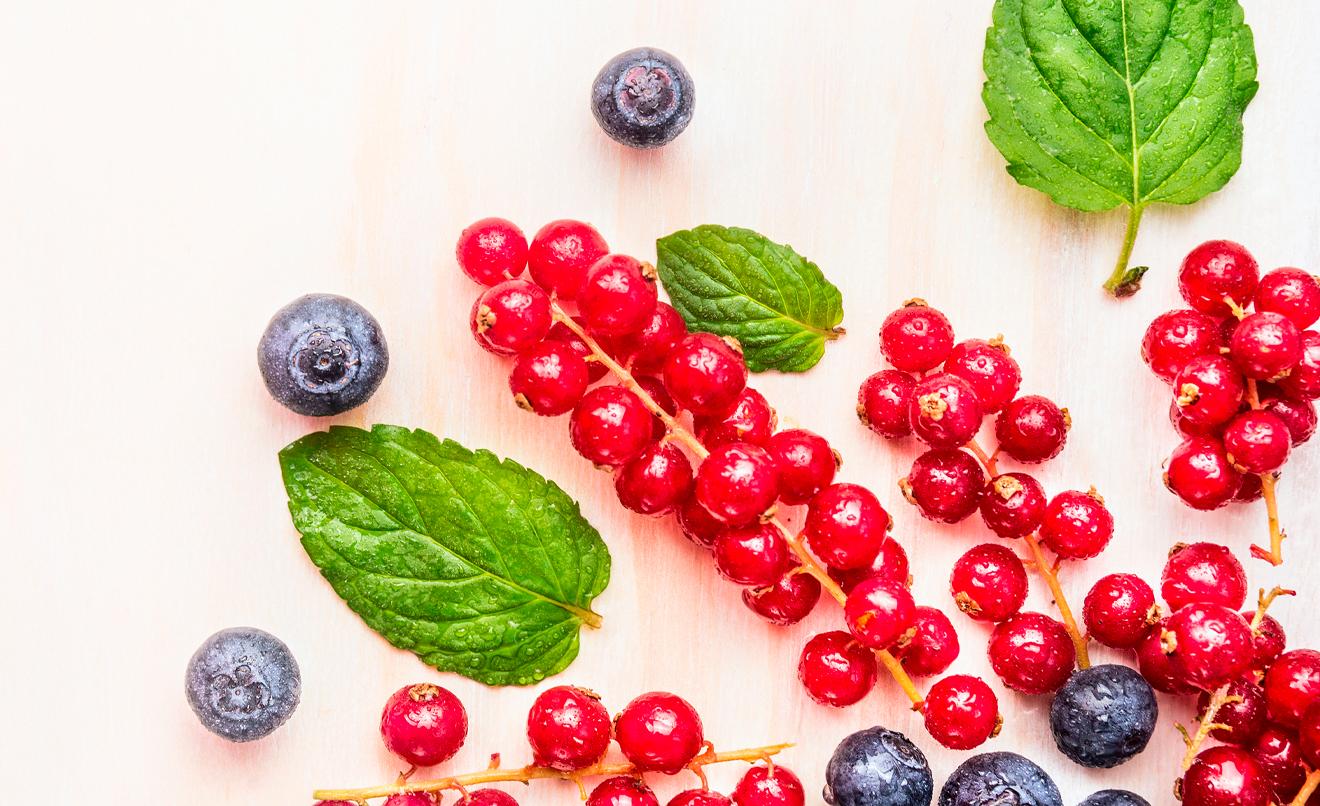
Free
radicals are very unstable chemical elements, as they have lost an electron. In
order to stabilize themselves, they take away the missing electrons from other
molecules around them, thus destabilizing these molecules and transforming them
into free radicals. This occurs successively and causes a chain reaction that leads
to negative health effects throughout life.
Free
radicals may have an endogenous origin, as a result of the normal activity of the
body’s cells, or an exogenous origin, when the increased production of free radicals
is due to factors such as certain components of environmental pollution, food
pollution (pesticides, colors, etc.), tobacco, alcohol, ultraviolet radiation (prolonged
solar exposure) or medicines.
What are antioxidants?
They have
different origins: the body has its own antioxidant defensive systems, such as certain
enzymes, proteins or other molecules, such as glutathione, etc.; but antioxidants
can also be found in the phenolic compounds of many fruits and vegetables, in
some medicinal plants or nutrients such as vitamins C and E or beta-carotene,
among others.
What are the effects of free radicals on our bodies?
When our
bodies do not have sufficient antioxidants to neutralize free radicals, there
is an excess of free radicals that damage structures such as cell membranes or
other molecules such as proteins, vitamins, carbohydrates, unsaturated fatty
acids, etc.
The excess
of free radicals can generate several chronic degenerative diseases, such as
different types of cancer, dementia, cardiovascular diseases, cataracts,
diabetes, etc.
Antioxidants and health
Antioxidants
are essential for the health of our bodies. It is advisable to follow a well-balanced
diet of fresh fruits and vegetables to delay aging, improve health, and reinforce
the defenses of our bodies by counteracting the negative effects of free
radicals.
A good
source of antioxidant substances is foods that contain them naturally.
Fortunately, there are multiple foods with antioxidant action available in our
daily diet. Here are some antioxidant substances and the foods that contain
them:
Medicinal Plants with antioxidant action
Flavonoids,
anthocyanosises, phenolic acids and procyanidins are some of the compounds with
antioxidant activity that are found in plants such as ginkgo biloba, green
tea, Siberian ginseng, bilberry and black currant.
Rosemary has strong antioxidant properties in increasing
the action of the enzyme glutathione S-transferase, which is an important enzyme
that protects proteins, nucleic acids and low-density lipoproteins (LDL) from
the oxidation caused by free radicals.
Resveratrol is a substance that is found in the dehydrated juice
of the skin and seeds of black grapes. A large number of studies support its
antioxidant action.
Aronia berries surpass the total phenolic compounds of
any other berry, help eliminate free radicals, and stimulate the formation of
antioxidant enzymes.
Some
studies on the beneficial antioxidant effects of green tea have
popularized the consumption of this plant to improve human health and prevent
diseases related to excess free radicals.
Astragalus is a plant that is widely used in Traditional Chinese
Medicine since it contains a wide variety of active compounds, including
saponins and flavonoids with antioxidant properties.